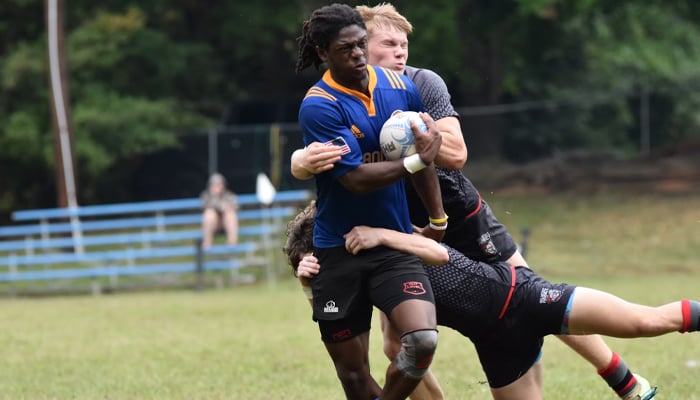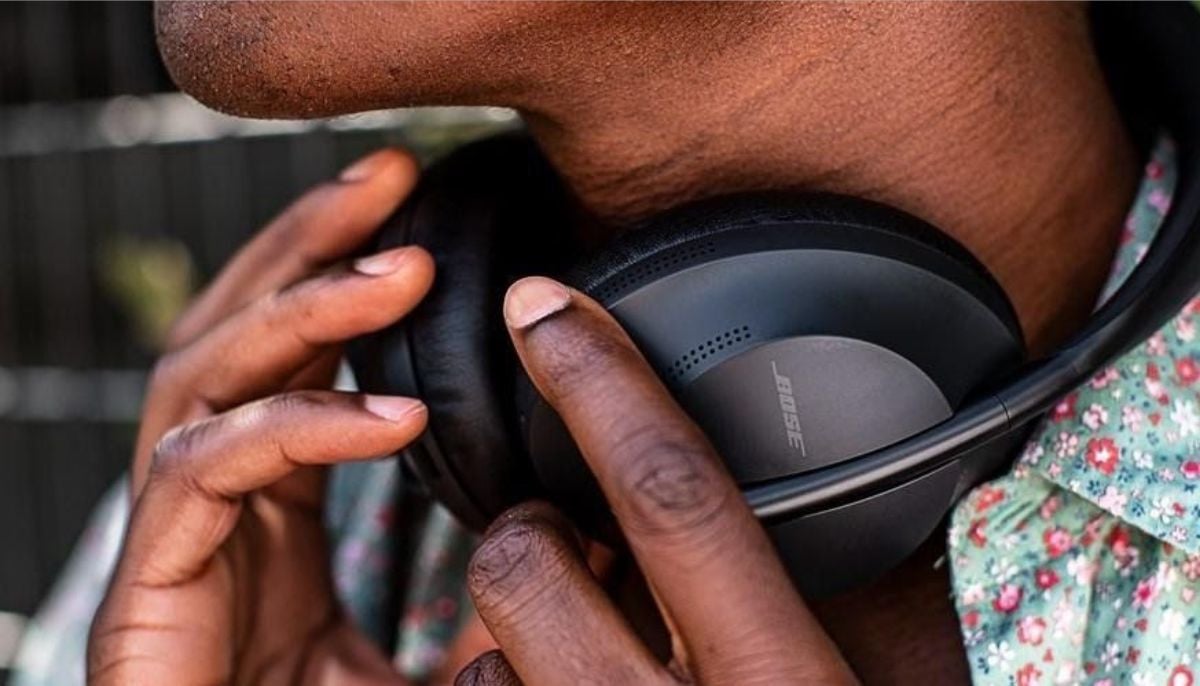Brain concussion damage could linger for upto year, says study
Research discovers college athletes have brain changes remaining visible in MRIs for a year
Brain damage from a concussion could linger in an athlete's brain for at least a year after the injury, long after they have been cleared to play and rejoined their sport, a new study indicates.
The research was published on Wednesday in the journal of Neurology and found that college athletes have brain changes that remained visible in brain scans up to a year after they had been cleared to play.
"The presence of significant, long-lasting brain changes after injury reinforces concerns about the consequences of repeated concussions, and to what extent these effects accumulate over time," lead researcher Nathan Churchill said in a news release as quoted by UPI.
187 college athletes were examined for the study, 25 of whom had suffered a concussion during regular season play in basketball, football, hockey, lacrosse, rugby, soccer and volleyball.
Those with a concussion were compared to 27 athletes who had not suffered a concussion.
These athletes had MRI scans done before their seasons began as well as five days, one to three months, and a year after returning to play following a concussion.
The players showed signs of brain injury in their MRI scans taken an average five days after concussion, when they'd been cleared to play, results of the research show. And the signs of the brain injury lasted for up to one year later.
"This is crucial because early return to play and incomplete recovery could have serious short-term and long-term consequences, especially in youth," the editorialists wrote.
-
How the world lost Whitney Houston to overdose
-
Late Ozzy Osbourne's 'terribly challenging' life with Parkinson's Disease
-
Emerging health threat: Toxic chemicals found in headphones, raising safety concerns among teens
-
Halsey’s rare health struggle you didn’t know about
-
Angelina Jolie and Brad Pitt mental health struggle amid divorce
-
Peter Dinklage shares achondroplasia struggle: 'My whole life I've had stares'
-
Celine Dion’s private battle with Stiff Person Syndrome
-
5 famous names who have spoken up about their anxiety












